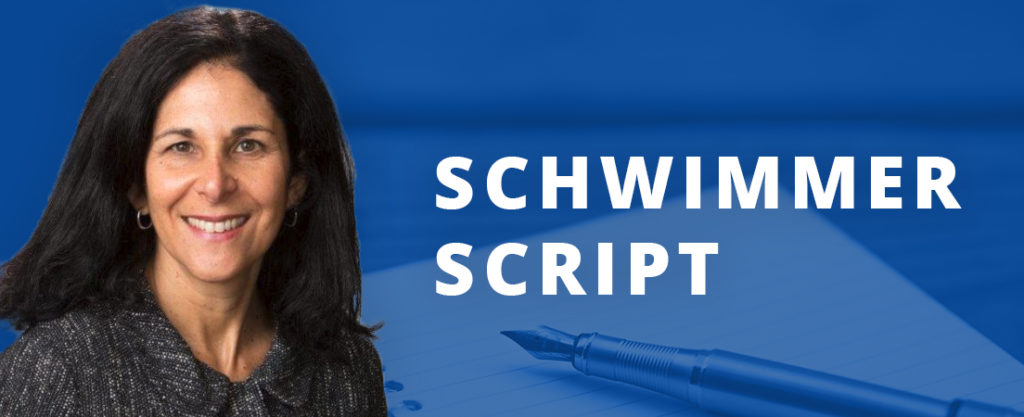At the Quality Institute, we believe everyone has the right to make safe, well-informed decisions about their reproductive health. For years, New Jersey has been a leader in supporting access to contraception and reproductive health care. But more must be done to not only increase awareness of these rights, but to make access more equitable.
In 2020, we worked with experts in health care and reproductive justice to release the RHAP Toolkit. The toolkit offers guidance and resources to health care providers on delivering high quality contraceptive care and counseling, including how to best bill and be paid for the devices and medications they provide to their patients. We are also partnering with the New Jersey Family Planning League, with support from the New Jersey Department of Health, to provide education thishttps://njhcqi.info/ReproHealthEvent091423 fall on reproductive health basics. We encourage you to access and share these resources and training opportunities so that more services will be offered, in more settings, to more people.
Beyond training providers, it’s just as important to make sure that Garden State residents are aware of recent changes that may increase their access to contraceptive care, including:
- The right to one-time dispensing of up to a 12-month supply of birth control.
- A law creating a program where New Jersey pharmacists can dispense self- administered birth control (ie pills, patches, rings) without a separate prescription from a physician or provider.
- Recent FDA approval for access to an OTC progesterin-only birth control pill.
Once people know about these changes, these actions will be something to celebrate and will increase access. Yet there is more we can do to ensure that people who are covered by New Jersey’s Medicaid program can also benefit from these changes.
Historically, in New Jersey’s Medicaid program, a provider prescription was need for medications or devices to be covered at no cost to the patient. For instance, emergency contraception (known by the commercial drug name “Plan B”) has been approved for OTC sale since 2013 and is fully covered by Medicaid. But Medicaid requires people to see a doctor and obtain a prescription to get Plan B at no cost, an uneccesary stumbling block to access to a time-sensitive contraceptive. The cost to access this medication without insurance can range from $35-$49, a barrier to many. The good news is that New Jersey Medicaid and the Medicaid Managed Care Organizations are working to eliminate this barrier so that emergency contraceptives can be dispensed without charge upon showing a Medicaid card, similar to how Covid-19 tests were dispensed. The same fixes will be necessary for those with NJ Medicaid to access the new OTC progesterin pill at no cost.
Another area that needs immediate attention is the New Jersey law signed in early 2023, which creates a standing order for pharmacists to dispense birth control without a provider prescription. That law needs to be rolled out now along with a public and consumer awareness campaign. And Medicaid rules will also need to be updated to eliminate the requirement for a provider prescription so pharmacists can dispense birth control to Medicaid recipients at no cost.
While state agencies do the hard work of implementing these positive changes, we can do our part to share this information to make sure that health care providers and consumers understand what’s available. And that consumers, regardless of their income or insurance coverage, can get the care they want without unnecessary barriers.

